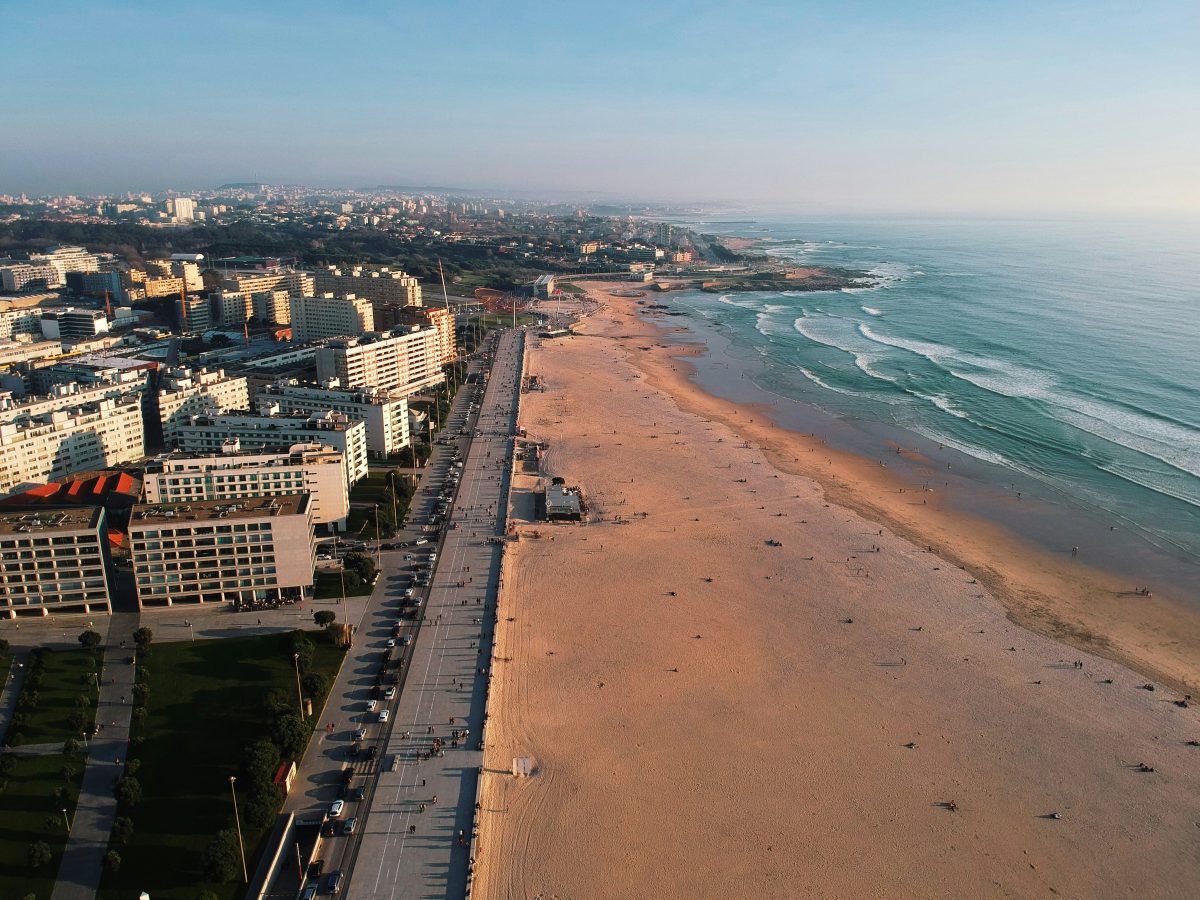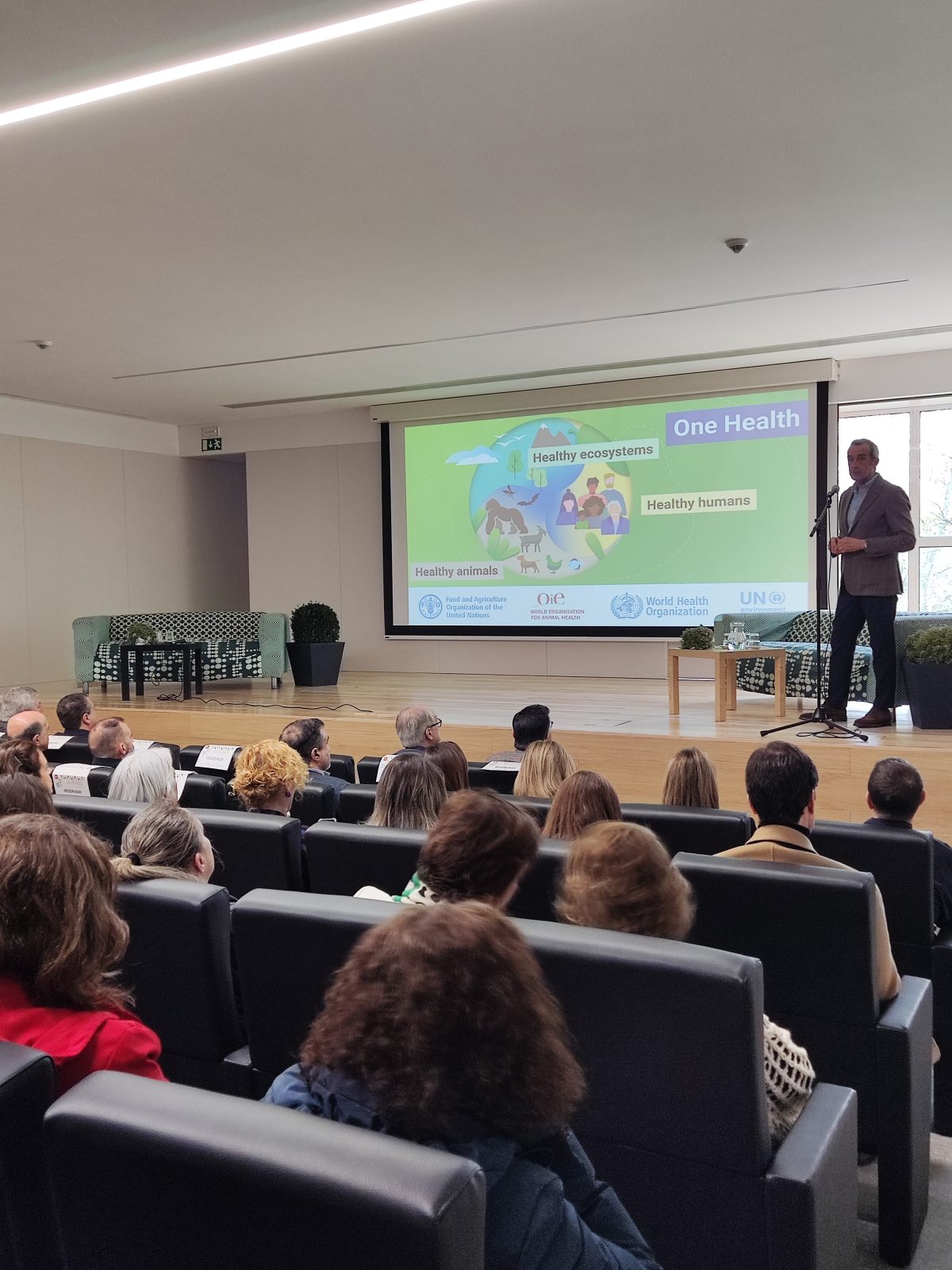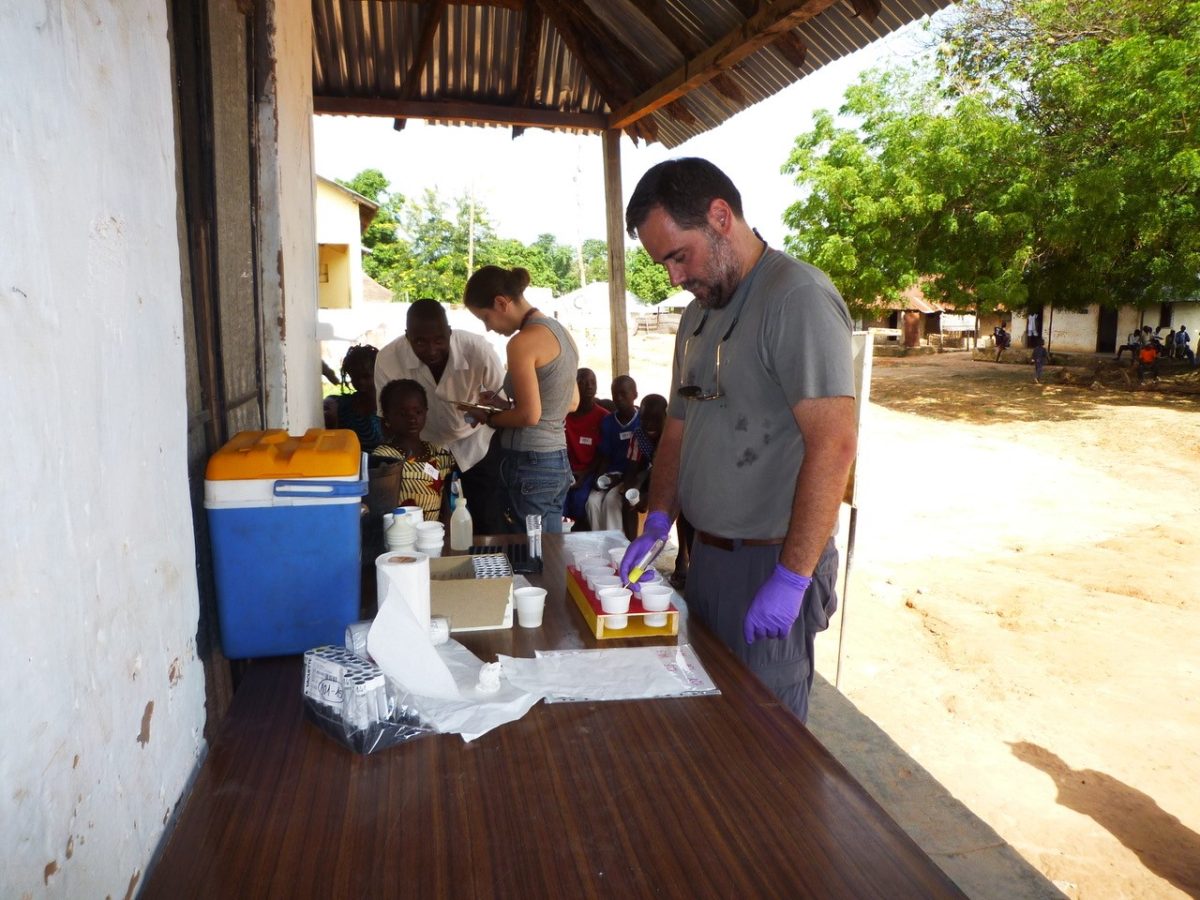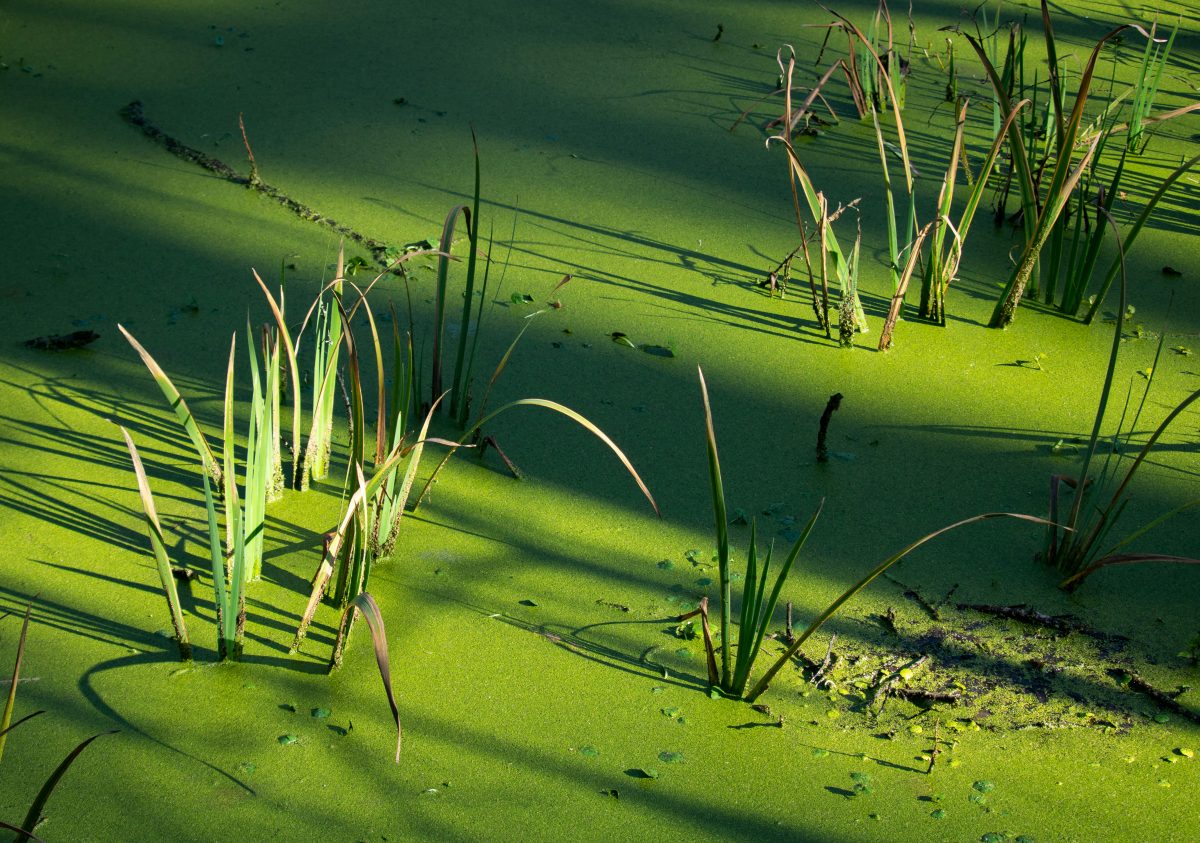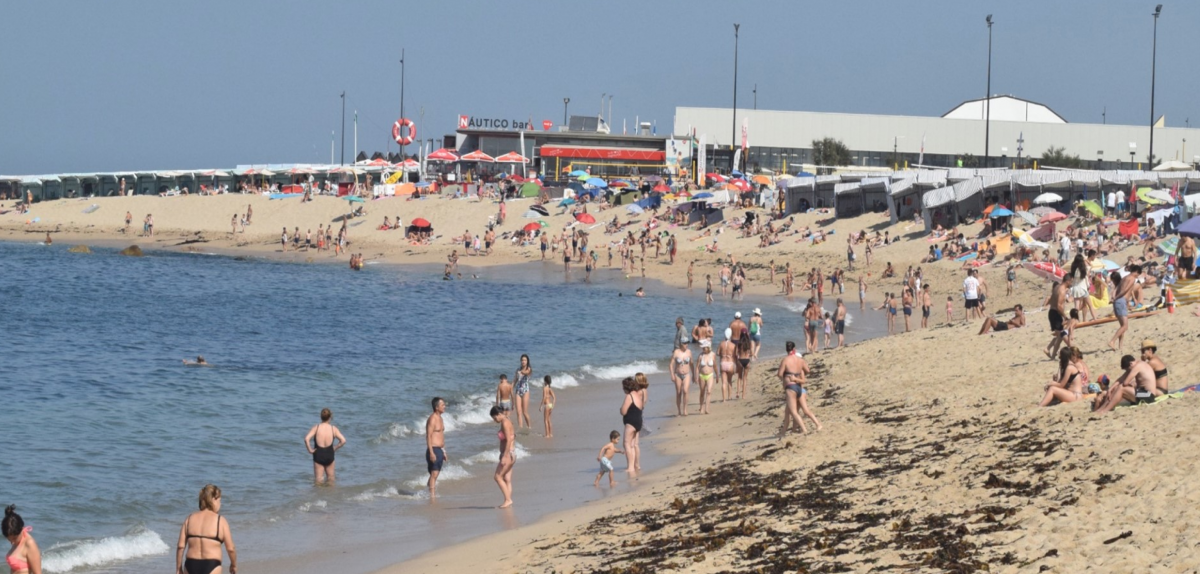In Europe, the quality of bathing water is regulated by a directive (from 2005) through two bacterial indicators: Escherichia coli and intestinal enterococci, signs of fecal contamination. However, ongoing climate change promotes the emergence of other pathogenic bacteria not related to sewage. Among them, the vibrios, ubiquitous aquatic microorganisms responsible for various human diseases, such as cholera, sepsis, or hemorrhage.
As part of the BeachSafe project, a study carried out by the ICBAS Laboratory of Hydrobiology and Ecology, which analyzed the water of 10 popular coastal beaches in northern Portugal, revealed that most have low levels of fecal contamination, but a high number of different species of vibrios, especially during the summer bathing season.
This means that bathers are exposed to emerging pathogenic bacteria not screened during official routine bathing water quality surveys. Causes of these appear to be climate change and poorly treated wastewater discharges that help to spread these bacteria.
Currently, the risks for people are still little known and the project is working to find out the implications.
To know more:
– BeachSafe project description do projeto BeachSafe
– Vibrio dynamics in bathing water and associated human health risk
Contact: Professor Adriano A. Bordalo (bordalo@icbas.up.pt)


